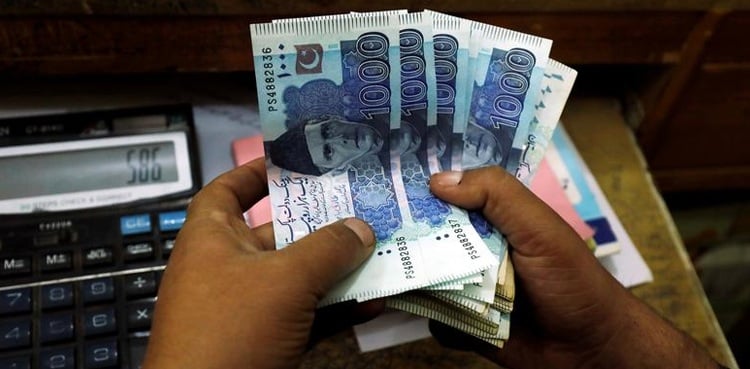Technical, Vocational Education, Training Significant for Socio Economic Growth of Balochistan
- October 26, 2017, 10:22 pm
- Breaking News
- 692 Views
QUETTA Oct 26 (PPI): The Technical and Vocational Education and Training (TVET) sector is significant for Balochistan in order to achieve socio economic growth along with providing better employment opportunities among young population.
This importance was highlighted during a media sensitization session organized at technical training institute Sarki road by the Balochistan Technical Education and Vocational Training Authority. BTEVTA is carrying out reform process with the support of the TVET Sector Support Programme, funded by the European Union and the governments of Germany and Norway.
Speakers at the occasion highlighted that out of total population in Pakistan, 60 percent is comprised of youth under the age of 35 and the future of the country lies in its young population to lead the country on the path of success.
The speakers including provincial secretary labor Muhammed Rashid , NAVTTC director Zulfiqar Jatoi, BTEVTA officials Shah Dina Magsi, Ali Haider Shahni and SMEDA regional head Shakoor Baloch and others at the occasion shed light on the key interventions taken in regard with overhauling the training delivery system through initiating the implementation of National Skills Strategy in order to improve access, relevance, equity and quality of the TVET system.
They informed the participants that first ever national TVET policy, National Vocational Qualifications Framework, implementation of Competency Based Training, modern assessment system and Job Placement Centres for guidance of youth are some of the milestones achieved during last six years.
They said that BTEVTA under the directions of NAVTTC is going to launch initiated “Recognition of Prior Learning†for the first time in the province to bring informal skilled workers into mainstream for better opportunities. Furthermore, the business and industry associations are taken on-board for development of relevant courses according to the needs of the market so that the graduates are easily absorbed into the system.
They were of the view that skill development is the most effective tool for poverty alleviation and reduction of unemployment from our country, and it is the gateway for social and economic development.
Nearly 17 percent of the youth complete secondary education and a very small percentage acquire employable skills. Annually 2.4 million young people enter the job market, but as of 2015, there are only 476,850 places available in the formal TVET through 3,581 institutes across Pakistan. Apart from this mismatch between demand and supply, even quality and relevance of the training delivered is not according to the demands of the job market.
To improve access, quality, equity and relevance of TVET, the Government of Pakistan has embarked upon a comprehensive reform in 2011 with the support of international partners. The second phase of the TVET Sector Support Programme has been launched in January 2017 with an overall objective to improve governance and private sector participation in the TVET sector to increase quality skill development that meets the demand of the labour market.










